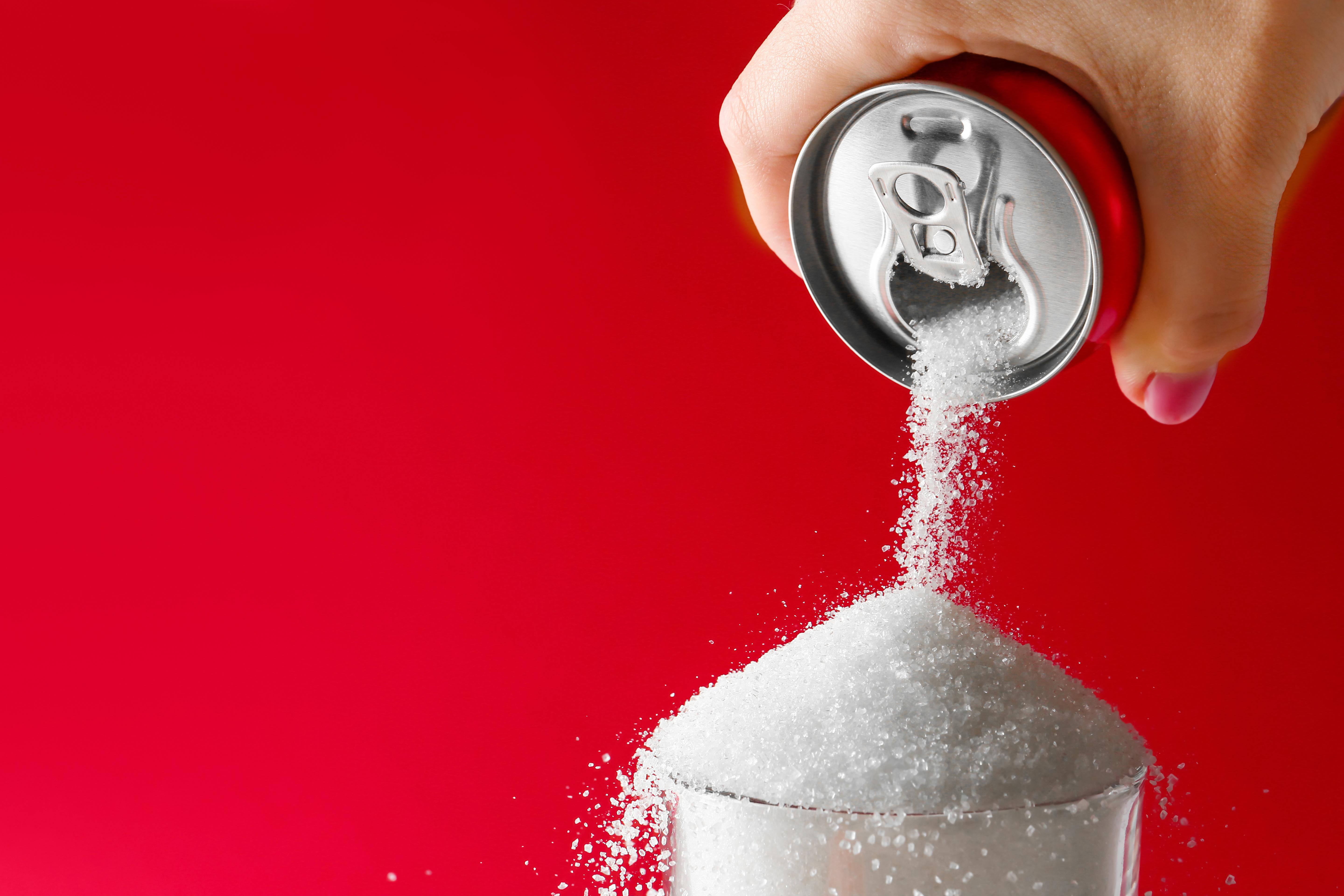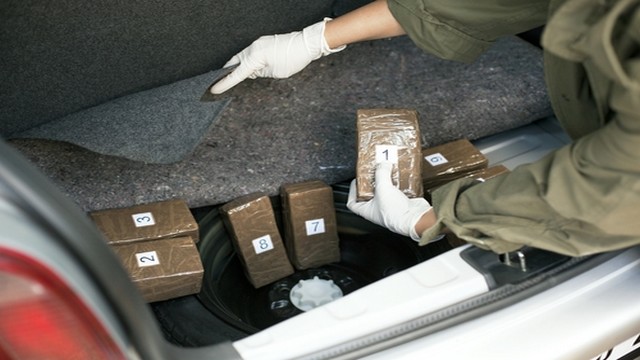How Countries Rank in Food Security

Article written by guest writer Rin Mitchell
What´s the Latest Development?
In the rich countries like America, people have access to nearly twice the amount of calories than in a country such as The Democratic Republic of Congo—where people are getting 43 percent below the calorie requirement. “The poorest, such as Haiti and Burundi, on average have 100 calories less than minimum.” According to the Food and Agriculture Organization, food security in 105 countries—when it comes to not only availability and affordability, but safety and quality of food supplies—it does not look good. Although poorer countries will be hit the hardest, the richer nations should be worried as well. “Many countries have access to food generally, but not good food, which leads to struggles with obesity and relatively poor diets.”
What´s the Big Idea?
With the extreme climate changes, the spike in food and oil prices, change in people´s diets and “competing demands on crops and land, not to mention the rise in global population”— food security for countries remains a hot button issue. However, “there is nothing inevitable about hunger: shortages and shocks can be planned for, and smoothed out.” While the rich and developed countries like America might seem to be in the clear, they will have their share of worries. However, the developing countries such as Nigeria, Rwanda, and Ethiopia are experiencing an “increased ability to do something about the problem.”





